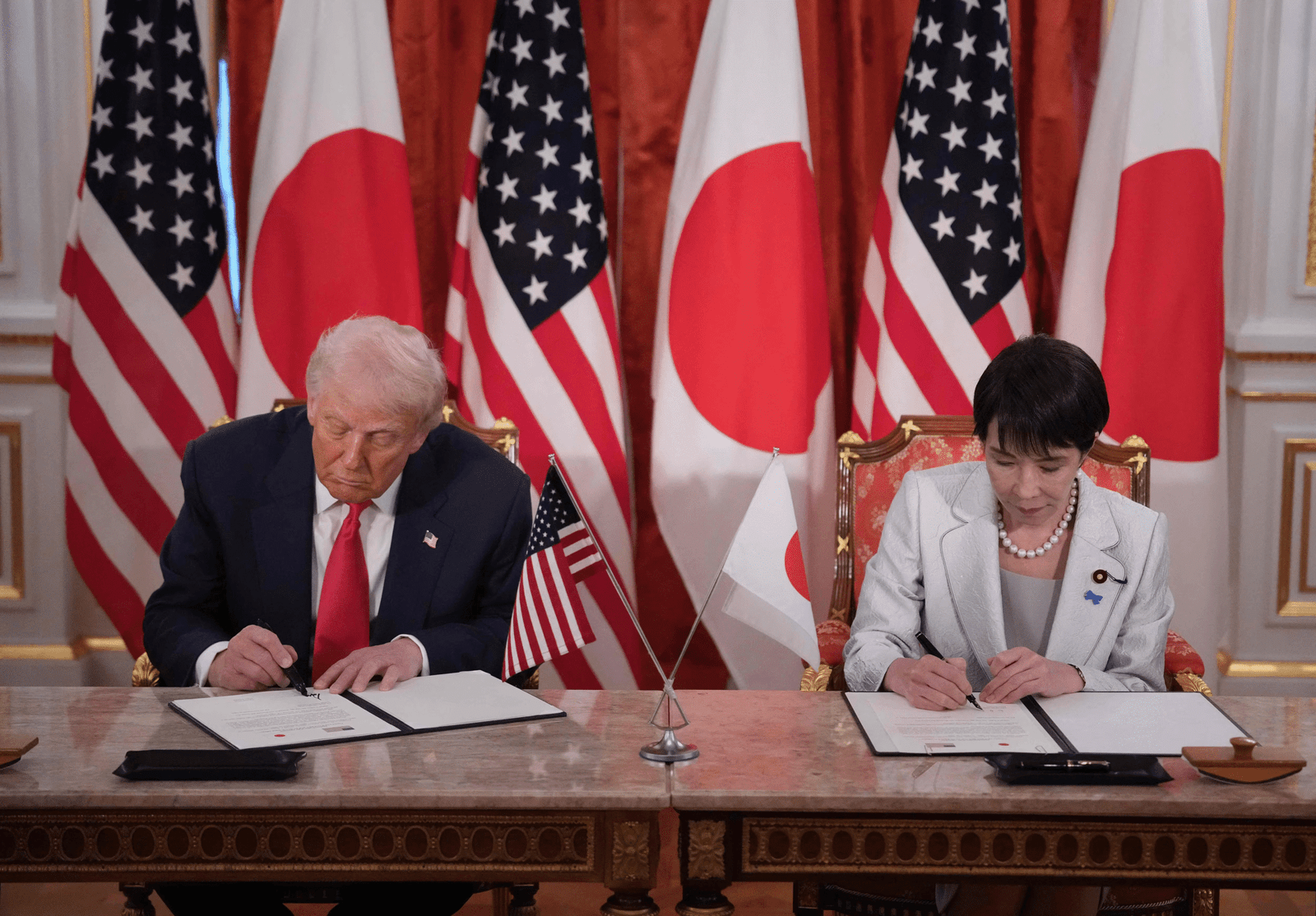NEW YORK — Global stock markets tumbled on Monday following Beijing’s new trade restrictions targeting U.S. shipping firms, sparking fears of an intensifying economic standoff between the world’s two largest economies.
The selloff came after U.S. Treasury Secretary Scott Bessent issued a stark warning to Beijing, saying China “will be hurt the most” if it refuses to comply with Washington’s trade demands.
Market Shock: Global Indexes Slide Across Asia and Europe
The wave of selling hit nearly every major global index. S&P 500 futures fell 0.87% before the opening bell in New York, while Japan’s Nikkei 225 dropped 2.58% and Europe’s Stoxx 600 declined 0.49%.
South Korea’s KOSPI shed 0.63% after Beijing banned Chinese companies from doing business with the U.S. subsidiaries of South Korean shipbuilder Hanwha Ocean, deepening regional tensions.
Meanwhile, China’s CSI 300 fell 1.2%, India’s Nifty 50 dipped 0.42%, and the U.K.’s FTSE 100 remained flat in early trading. Even Bitcoin wasn’t spared, slipping to $111.8K as risk sentiment deteriorated.
Bessent: “They’re Trying to Pull Everybody Else Down”
In an interview with the Financial Times, Treasury Secretary Scott Bessent accused Beijing of weaponizing trade policy to mask domestic economic troubles.
“Maybe there is some Leninist business model where hurting your customers is a good idea,” Bessent said. “But they are the largest supplier to the world. If they want to slow down the global economy, they will be hurt the most.”
He added that China’s export restrictions on rare earth minerals, critical for U.S. manufacturing and defense technology, highlight “how weak their economy really is.”
Beijing, however, defended its move, describing the measures as necessary to “safeguard national interests” and asserting that it “does not seek a trade war.”
Economic Reality: China’s Growth Still Strong
Despite Bessent’s remarks, economic indicators suggest China’s economy remains robust. The country’s exports rose 8.3% in September, and the World Bank expects China’s GDP to grow by 4.8% this year—well above the U.S. forecast of 1.4%.
Still, investors fear that escalating trade measures could slow global manufacturing output, disrupt supply chains, and further pressure already fragile consumer confidence.
Investor Sentiment Turns Sour
The sharp selloff reversed last week’s optimism, when markets rallied on hopes that President Donald Trump and Chinese President Xi Jinping might meet at the APEC summit in late October to negotiate a new trade framework.
Now, with tensions escalating, investors are bracing for volatility. Analysts at Pantheon Macroeconomics warned that consumer sentiment is weakening, noting that spending growth could “slow to near-zero soon.”
Adding to the unease, Goldman Sachs released a report titled “Jobless Growth,” predicting that future U.S. GDP expansion will rely heavily on AI-driven productivity, rather than labor market gains.
Tech Giants Still Holding the Line
Despite the downturn, analysts remain cautiously optimistic about the long-term market trajectory. According to LPL Financial, half of the current S&P 500 bull market has been powered by just seven companies: Amazon (AMZN), Apple (AAPL), Microsoft (MSFT), NVIDIA (NVDA), Meta (META), Alphabet (GOOG), and Broadcom (AVGO).
With the Federal Reserve continuing its rate-cutting cycle and inflation moderating, strategists say the broader market could recover once trade tensions ease — but for now, traders are keeping a close eye on Washington and Beijing.











